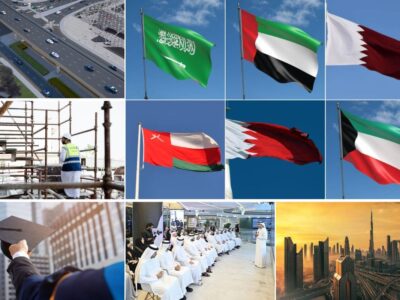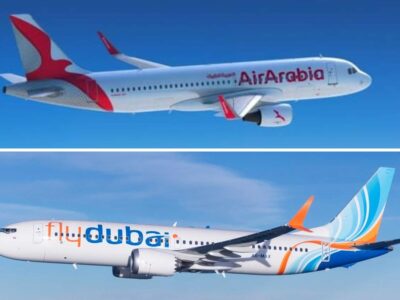Nigerian rebels blew up three oil pipelines in the Niger Delta on Tuesday, forcing Italian oil giant Eni to halt production of 50,000 barrels per day (bpd) feeding its Brass export terminal, a source at Eni said.
The Movement for the Emancipation of the Niger Delta (MEND), which has now
shut down more than a quarter of Nigerian oil output, said in an e-mail it bombed the pipelines to embarrass President Olusegun Obasanjo in his last days in office.
The MEND vowed to carry out more attacks in the world’s eight-largest crude exporter, where about 700,000 bpd were already being lost before the latest attacks.
“If those two pipelines have been blown up then there is zero production.
They are the only two pipelines that carry all our production,” said an Eni source, asking not to be named.
The source spoke after Eni’s head office in Italy said the company had suspended production at its Akri and Oshi oilfields after sabotage of the Ogoda-Brass and Tebidaba-Brass pipelines.
Eni said it had already started repairing the pipelines, but did not specify the volume of oil production lost. The Brass terminal is capable of exporting 200,000 bpd but the Eni source said the company’s current quota was 150,000 bpd.
“There is no activity whatsoever, everything has been stopped at the terminal and production at the fields has been halted,” a shipping agent with Hull Blyth told Reuters by telephone from offices close to the terminal.
The agent said a crude oil tanker had been slated to load on Wednesday, but that it may now be delayed.
Nigeria’s output capacity is roughly three million bpd.
MORE THREATS
The MEND, which demands local control of oil wealth in the impoverished delta, carried out a string of attacks in Feb. 2006 that reduced Nigerian output by 600,000 bpd. It threatened to blow up more pipelines between now and May 29, when Obasanjo is due to hand over to president-elect Umaru Yar’Adua.
Militancy and crime flourish in the delta, a maze of creeks and mangrove swamps where many impoverished residents resent the oil industry because it has brought them few benefits.
The MEND, which seized six foreign workers from an offshore facility operated by U.S. major Chevron on May 1, issued photos of the hostages on Tuesday. They are four Italians, one American and one Croat. All four looked healthy.
Another 14 foreign hostages are being held by different armed groups in the delta, where abductions and attacks on oil facilities have intensified in the past week.
The MEND, along with other armed groups in the lawless delta, have stepped up attacks since Nigeria staged elections last month that were widely condemned as fraudulent.
The group’s spokesman, who uses the pseudonym Jomo Gbomo, has said the MEND
wanted to make it clear it had no faith in Yar’Adua or his deputy, Goodluck Jonathan, who is the outgoing governor of Bayelsa State in the heart of the delta.
“We intend to destroy between now and May 29 more pipes than we have destroyed in the last one year,” Gbomo said in an e-mail.
The attacks on the pipelines come a day after Chevron was forced to shut down a 42,000 bpd production facility because of a protest by villagers armed with sticks and machetes.
Chevron said on Tuesday it had not yet restored the output and was in talks with the local community to resolve the matter. (Additional reporting by Tom Ashby in Lagos, Ian Simpson in Milan, Alex Lawler and Stefano Ambrogi in London)HEADLINE: Kuwait firm wins $100m contract with KBR
ABSTRACT: KGL unit will provide transport to the US military through the
former Halliburton subsidiary.
Byline: Ben Flanagan and Reuters
Kuwait and Gulf Link Transport Co. (KGL) said on Tuesday a wholly-owned unit
had won a $100 million services contract with U.S. firm and former
Halliburton subsidiary Kellogg, Brown & Root (KBR).
KGL said in a statement on the bourse website that the contract was for
providing means of transport and delivery of equipment to the U.S. military
over a 16-month period with the possibility of renewal. It did not provide
further details.
The Kuwait-listed company is listed on the bourse website as providing
shipping, land transport, passenger operations among the Gulf ports &
beyond, among other services.
KBR – which split from the Dubai-bound Halliburton earlier this year – has
been shrouded in controversy. The Pentagon’s largest contractor in Iraq has
so far booked more than US $20 billion worth of work in the country,
including a $7 billion single no-bid contract known as ‘Restore Iraqi Oil’.
Critics say that contracts were awarded due to KBR’s association with US
Vice President Dick Cheney, who once ran the company.






